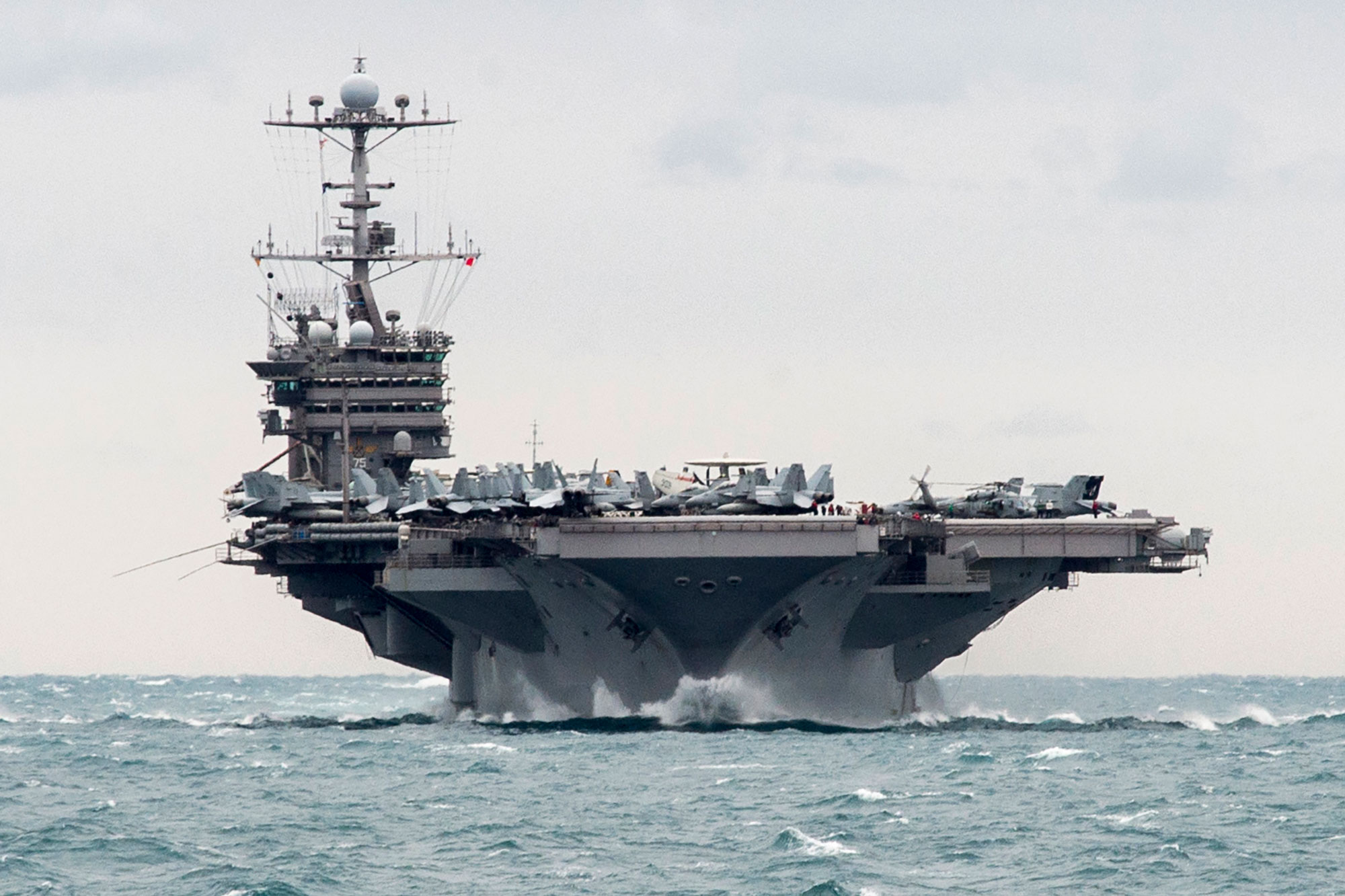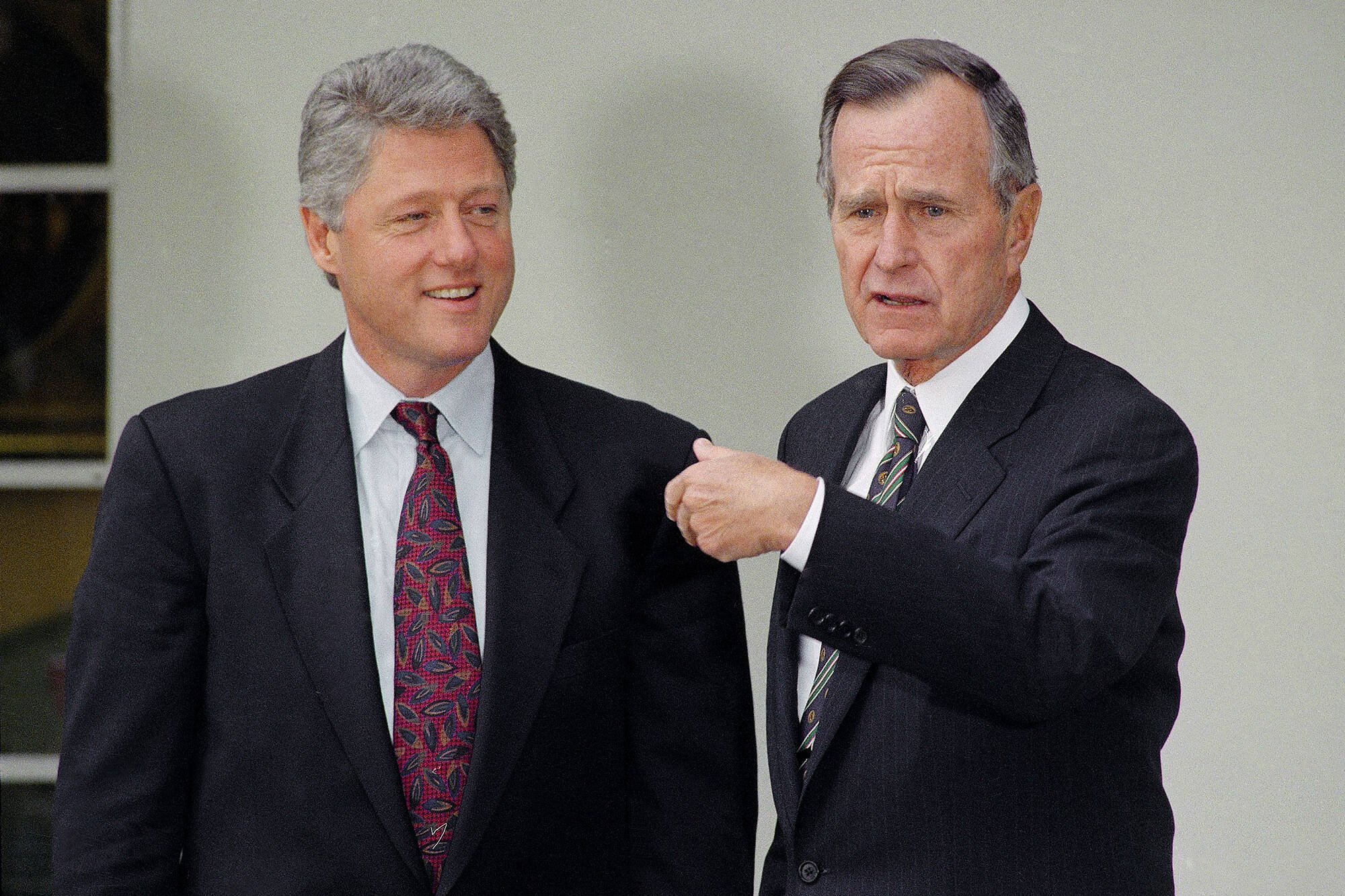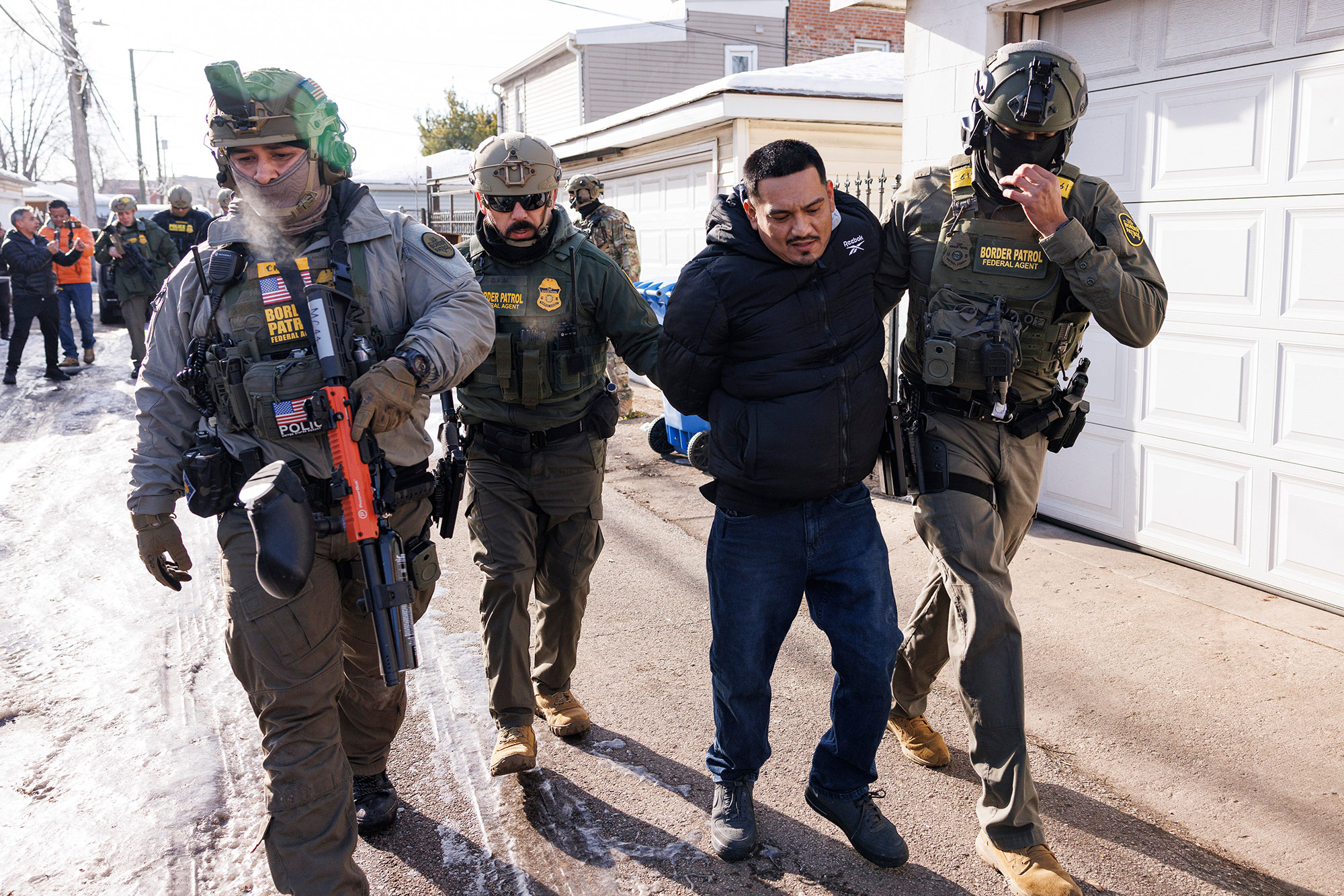A little-known law could give Congress the final word on Trump’s Iran deal.
President Trump is re-opening nuclear talks with Iran, hoping to put a stop to the country’s nuclear weapons ambitions.
Like many other issues this term, President Trump is carrying out his mission solely through executive action without buy-in from Congress, raising a key question:
Does the President have authority to make a deal with Iran on his own?
Congress’s Role in Treaties
Article II section 2 of the U.S. Constitution says that the president “shall have Power, by and with the Advice and Consent of the Senate, to make Treaties, provided two-thirds of the Senators present concur.”
In other words, the president (and his representatives) negotiates treaties and then the Senate ratifies them. Treaties passed under this process include the Treaty of Ghent to end the War of 1812, the North Atlantic Treaty to establish NATO, and the Nuclear Nonproliferation Treaty of 1968 to ban the spread of nuclear weapons – which Iran also signed.
Executive Agreements
Sometimes, presidents can go it alone. Like treaties, “executive agreements” are legally binding under international law, but Congress is not needed to ratify them. Some 90% of international agreements the U.S. makes are executive agreements and not treaties.
The courts ultimately decide whether a certain deal can be an executive agreement or must be ratified by Congress. Typically, presidents can make deals on issues where the executive branch has “clear, exclusive constitutional authority” or issues where “Congress implicitly approves of” the president’s decision, according to the law firm Mayer Brown.
Agreements made without Senate ratification include the Yalta and Potsdam Agreements to make plans for post-WWII Europe, the Paris Peace Accords to end the Vietnam War, and the North American Free Trade Agreement (NAFTA), which reduced tariffs and other trade barriers between the U.S., Canada, and Mexico.
Does Congress Have to Approve the Iran Nuclear Deal?
History can serve as a guide. The U.S. was in this exact same position a decade ago, when President Obama negotiated the 2015 Iran Nuclear Deal. Iran agreed to cease its nuclear weapons program in exchange for sanctions relief.
RELATED: What Was the 2015 Iran Nuclear Deal?
Back then, the deal was submitted as an executive agreement, meaning the Senate did not have to ratify it with a two-thirds majority.
But Congress did assert some power. They passed the bipartisan Iran Nuclear Agreement Review Act (INARA) nearly unanimously, which states:
- The president has to send any deal to Congress for review.
- The president can’t lift sanctions for 30 days while Congress reviews the deal.
- The president must report every six months whether Iran is complying with the deal.
If Congress rejects the deal, the president can’t lift sanctions on Iran – effectively ending the deal. And if the deal goes through but Iran violates it, or if the president doesn’t send the compliance report, Congress can quickly reinstate the sanctions. The law gives them a fast-track process to bring back the sanctions with a simple majority vote – no delays, no amendments, no filibuster.
And here’s the kicker: this law is still in effect. Any president that makes a nuclear deal with Iran – including Trump – is subject to the INARA.
Technically, Congress doesn’t have to approve an Iran nuclear deal; President Trump is free to make any agreement he wants. But the INARA gives Congress powerful tools, if they choose to use them.
In 2015, when the original Iran Nuclear Deal was signed, 25 House Democrats joined 244 House Republicans in passing a bill to reject the deal. But despite multiple attempts, the bill only received 58 votes in the Senate – two shy of the 60 needed to overcome a filibuster.
The Iran Nuclear Deal was in effect until May 2018, when President Trump ended the deal and reimposed sanctions on Iran. Because Congress never enshrined the deal into law, President Trump was able to end it on his own.
Congress may not have been invited to the negotiating table with Iran this time around, but they’re still very much in the game – if they choose to play.
Related
Peyton Lofton
Peyton Lofton is Senior Policy Analyst at No Labels and has spent his career writing for the common sense majority. His work has appeared in the Washington Examiner, RealClearPolicy, and the South Florida Sun Sentinel. Peyton holds a degree in political science from Tulane University.




